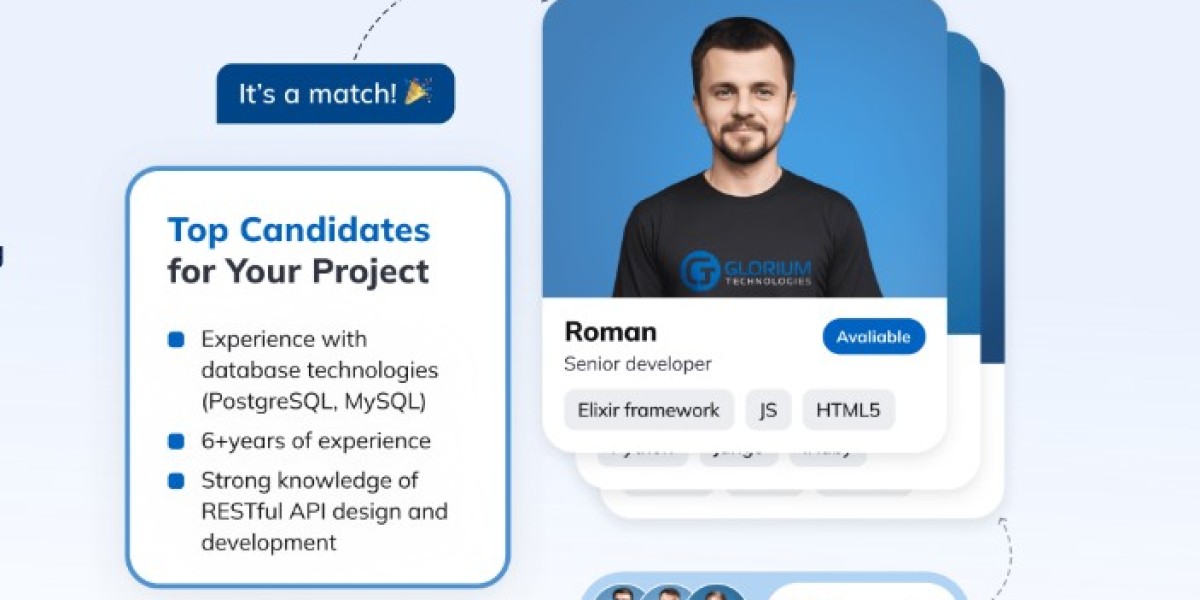In recent years, Artificial Intelligence (AI) has emerged as a pivotal force reshaping the landscape of employment and the skills required in various industries. As we delve into this transformation, it is essential to understand the implications of AI on the workforce and the necessary adaptations for future success.
Understanding Artificial Intelligence in the Workplace
What exactly is Artificial Intelligence? At its core, AI refers to the simulation of human intelligence processes by machines, particularly computer systems. These processes include learning, reasoning, and self-correction. As AI technologies evolve, they are increasingly integrated into workplace environments, enhancing productivity and efficiency.
The Impact of AI on Employment
One of the most significant concerns surrounding AI is its impact on employment. While some fear job displacement, it is crucial to recognize that AI also creates new opportunities. For instance:
- AI can automate repetitive tasks, allowing employees to focus on more complex and creative aspects of their jobs.
- New roles are emerging in AI development, data analysis, and machine learning, requiring a different skill set.
- Industries such as healthcare, finance, and manufacturing are leveraging AI to improve service delivery and operational efficiency.
Thus, the relationship between AI and employment is not merely one of replacement but rather one of evolution. As AI continues to advance, how can workers prepare for these changes?
Skills Requirements in an AI-Driven World
To thrive in an AI-enhanced workplace, individuals must adapt their skill sets. The following skills are becoming increasingly valuable:
- Technical Skills: Proficiency in data analysis, programming, and understanding AI algorithms is essential.
- Soft Skills: Skills such as critical thinking, creativity, and emotional intelligence are irreplaceable by machines.
- Continuous Learning: The ability to learn new technologies and methodologies quickly is vital in a rapidly changing environment.
By focusing on these areas, workers can position themselves favorably in the job market of the future.
Embracing Change: Strategies for Workers
How can individuals effectively embrace the changes brought about by AI? Here are some strategies:
- Engage in lifelong learning through online courses and workshops.
- Network with professionals in AI-related fields to gain insights and mentorship.
- Stay informed about industry trends and technological advancements.
By adopting these strategies, workers can navigate the evolving landscape of employment with confidence.
Conclusion: The Role of Artificial Intelligence in Shaping the Future
In conclusion, Artificial Intelligence is undeniably transforming the world of work. While it presents challenges, it also offers opportunities for growth and innovation. By understanding the implications of AI and adapting to new skills requirements, individuals can thrive in this dynamic environment. For those interested in exploring more about the intersection of technology and employment, visit .



